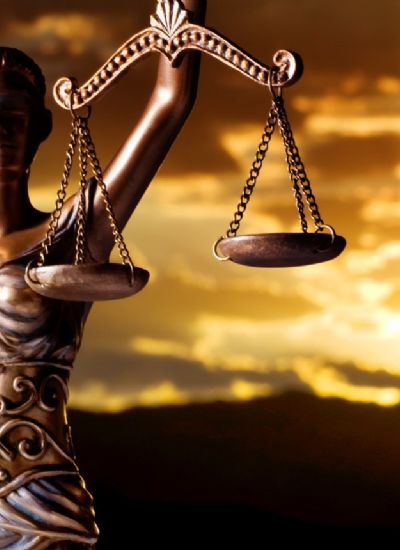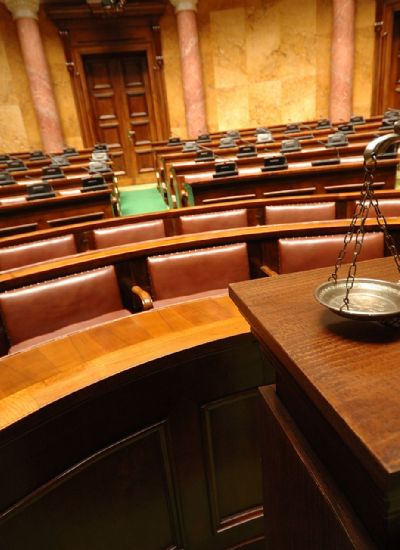What Are Four Duties of the Governor?
- The governor can choose the individuals to serve in executive positions of the state government, on state boards and on commissions. The governors can extend their capabilities by choosing people who assume a broader assortment of functions related to policymaking and management, understanding that the quality of his appointments considerably affects the success or failure of his administration. In 26 states, governors also enjoy the power to appoint judges to some judicial positions.
- Governors work together with the state legislatures to modify and approve the state budget and enact legislation. They also develop and submit annual or biennial budgets to the legislature for approval. Governors enjoy a special right called line item veto to remove any appropriation that's not acceptable to him. They also look into the performance of state legislature, and enjoy the power to prepare specific legislation that's recognized as the governor's program. Governors may influence the progress of legislation via regular meetings with legislators and they also have veto power over legislation that's already been passed.
- It's the governor's duty to concentrate on preparedness, mitigation, response and recovery to disasters or emergencies. The emergency management laws of a state also include the steps the governor can take to declare and end emergency states. Governors are also required to communicate with the public during an emergency, and provide all the help and advice required to maintain calm and order. They can arrange for immediate funds, and when major disasters strike, petition for federal assistance.
- Governors can issue executive orders that serve various purposes, such as during emergency situations, including natural disasters or calamities, to create executive branch agencies or advisory or investigative commissions. Executive orders may also be used in response to federal programs or to address administrative issues.




















